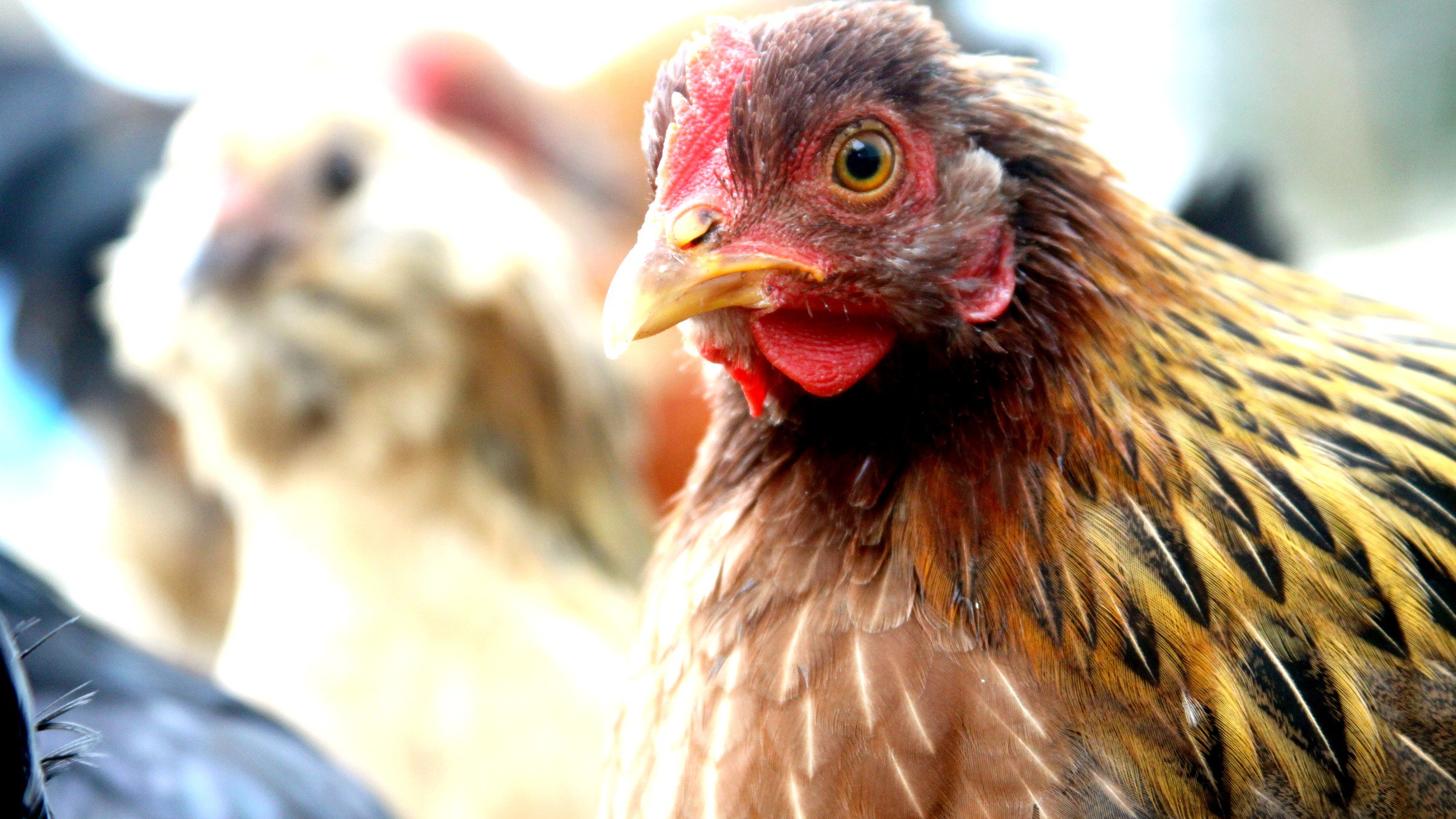It’s meat month here at Grist, and we’re talking about everything from the sustainability of meat to the morality of meat to the butchering of meat to the future of meat (stay tuned). But have you ever wondered who was the first to gnaw on a juicy chicken leg and declare the inaugural “Tastes like chicken!”?
Well today, NPR reports that those culinary geniuses might have lived sometime between 400 and 200 B.C. in what is now an archaeological site called Maresha. Here’s more from NPR:
“The site is located on a trade route between Jerusalem and Egypt,” says Lee Perry-Gal, a doctoral student in the department of archaeology at the University of Haifa. As a result, it was a meeting place of cultures, “like New York City,” she says.
Not too long ago, the archaeologists unearthed something unusual: a collection of chicken bones.
“This was very, very surprising,” says Perry-Gal.
The surprising thing was not that chickens lived here. There’s evidence that humans have kept chickens around for thousands of years, starting in Southeast Asia and China.
But those older sites contained just a few scattered chicken bones. People were raising those chickens for cockfighting, or for special ceremonies. The birds apparently weren’t considered much of a food.
In Maresha, however, the archaeologists found thousands of well-preserved chicken bones, many of which had knife marks on them, and most of which came from female chickens. All of that, the researchers’ report in the Proceedings of the National Academy of Sciences, indicates that these people were raising chickens for food, not cockfighting.
It’s less clear, however, why these people decided to pick up that juicy leg. Here’s more from NPR:
Perry-Gal thinks that part of it must have been a shift in the way people thought about food. “This is a matter of culture,” she says. “You have to decide that you are eating chicken from now on.”
In the history of human cuisine, Maresha may mark a turning point.
Barely a century later, the Romans starting spreading the chicken-eating habit across their empire. “From this point on, we see chicken everywhere in Europe,” Perry-Gal says. “We see a bigger and bigger percent of chicken. It’s like a new cellphone. We see it everywhere.”
Now that we find ourselves buried up to our faces in chicken (and cellphones), perhaps we can take comfort in knowing that such drastic shifts are possible. Perhaps we can just decide that we’re not gonna raise animals in horrific conditions just so we can have our all-you-can-eat buffets and cheap burgers. Perhaps we can just decide that we’ll start eating insects or lab-grown meat or weird veggie-based imitation meat simply because it’s better for the planet. Now, before you call me a dewy-eyed optimist (I’m not — I think we’re pretty much all going to hell in a handbasket), stick around for the end of meat month, when we dive into all of these futuristic meat alternatives and assess their feasibility.


